Looks and Life: A summary of the study
23 August 2019
Looks and Life: A summary of the study
What we wanted to learn
We were interested in how people with a health condition that affects their appearance deal with difficult thoughts and feelings about their appearance. We know from previous research that some people avoid activities that they expect will bring up difficult thoughts and feelings, and some spend a lot of time and energy covering, concealing and focusing on their appearance. We wanted to learn more about two mental tendencies: (1) a desire to get rid of or avoid difficult thoughts and feelings (called ‘experiential avoidance), and (2) getting caught up with difficult thoughts (called ‘cognitive fusion’). Specifically, we wanted to know whether these two tendencies might explain why people with conditions that affect their appearance are more or less likely to (a) avoid stressful appearance-related activities, and (b) to cover, conceal and focus on their appearance.
What we did
To do this, we asked charities and organisations from the Appearance Collective to help us recruit participants across a wide range of appearance-affecting conditions (a breakdown by condition type is given below). Thanks to these organisations, we surveyed 220 adults, aged 18-75, just under 80% of whom were female. Participants completed demographic questions, a series of validated psychological questionnaires, and gave details about how their condition affects their appearance. We ran statistical analyses called Mediation analyses, to find out how well (1) experiential avoidance and (2) cognitive fusion statistically explained participants’ tendency to (a) avoid stressful appearance-related situations and (b) cover, conceal and focus on their appearance. In the analyses, we took account of participants’ age, gender, how visible they perceived their different appearance to be to others, and whether their condition was acquired or from birth.
What we found
We found that participants’ level of (1) experiential avoidance (a tendency to try and get rid of or avoid difficult thoughts and feelings) did partly explain their tendency to (a) avoid stressful appearance-related situations. The more experientially avoidant they were, the more likely they were to avoid stressful situations. Experiential avoidance didn’t, though, explain participants’ tendency to (b) cover, conceal and focus on appearance. On the other hand, participants’ level of (2) cognitive fusion (getting caught up in thoughts) explained both (a) avoiding stressful situations and (b) cover, concealing and focusing on appearance. The more participants were caught up in thoughts, the more they’d avoid stressful situations, and the more they’d cover, conceal and focus on their appearance.
What this means
We now know that these two mental tendencies are likely to play a role in how people cope with difficult thoughts and feelings about their appearance. Many types of psychological therapy (like traditional cognitive behavioural therapy) try to help people manage distress by teaching them to change their thinking patterns from less rational to more rational. What the findings of the study suggest is that they may be another way: Learning to just observe thoughts as thoughts rather than facts (‘cognitive defusion’) and learning to open up to and tolerate difficult thoughts and feelings (‘experiential acceptance’), without trying to change those internal experiences, may help people with appearance-affecting conditions engage more in meaningful activities that they may otherwise avoid. An approach called Acceptance and Commitment Therapy (or ‘ACT’) focuses on developing cognitive defusion and experiential acceptance, and we at CAR are currently developing a self-help programme based on ACT that we would like to test in the near future.
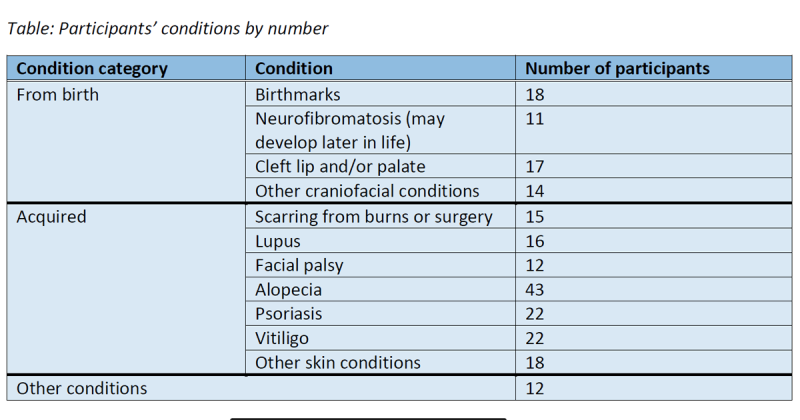
Filter News
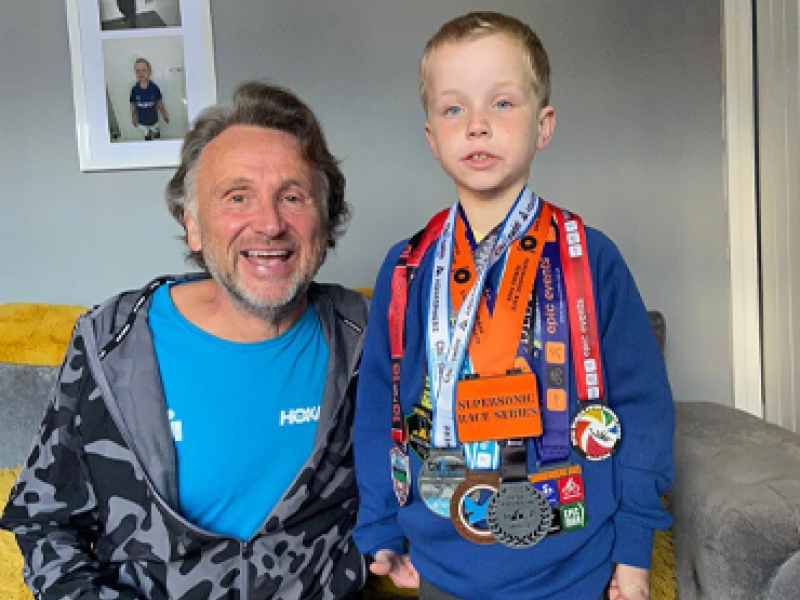
Graham’s Super Nine Shines A Light on NF
Graham's 7 year old great-nephew Nathan is his inspiration for his epic challenges to fundraise for NTUK
Read More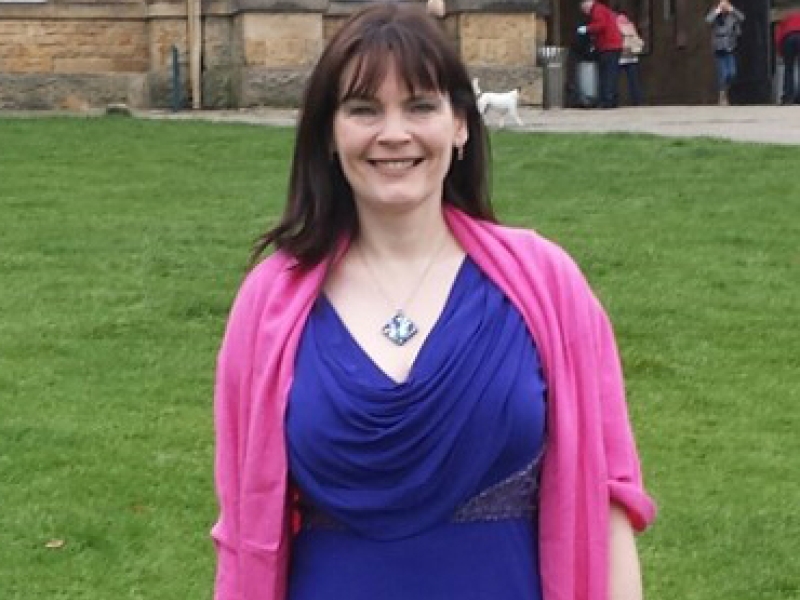
Meet Siobhan, our new Specialist Advisor for Northern Ireland
Meet Siobhan from Northern Ireland, our newest Specialist Advisor
Read More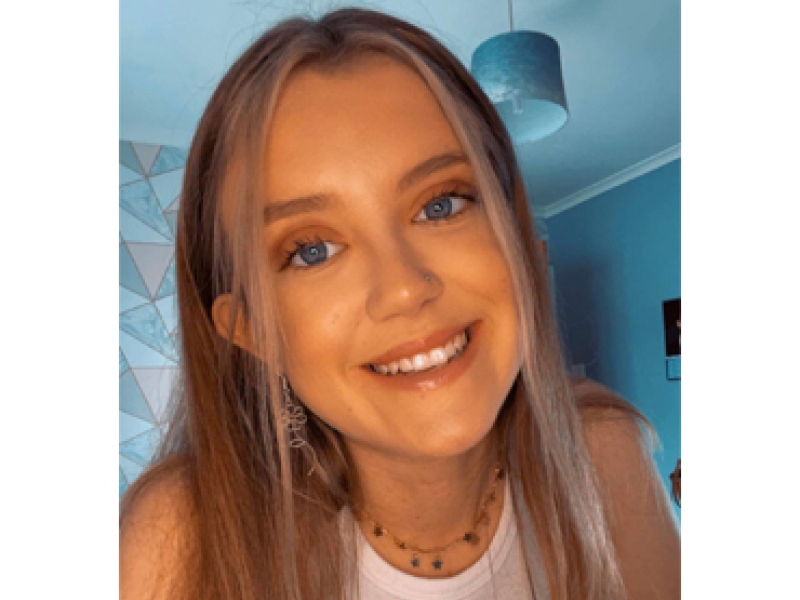
Poppy’s NF1 story
Poppy describes growing up with NF1 and fundraising for future research & treatment
Read More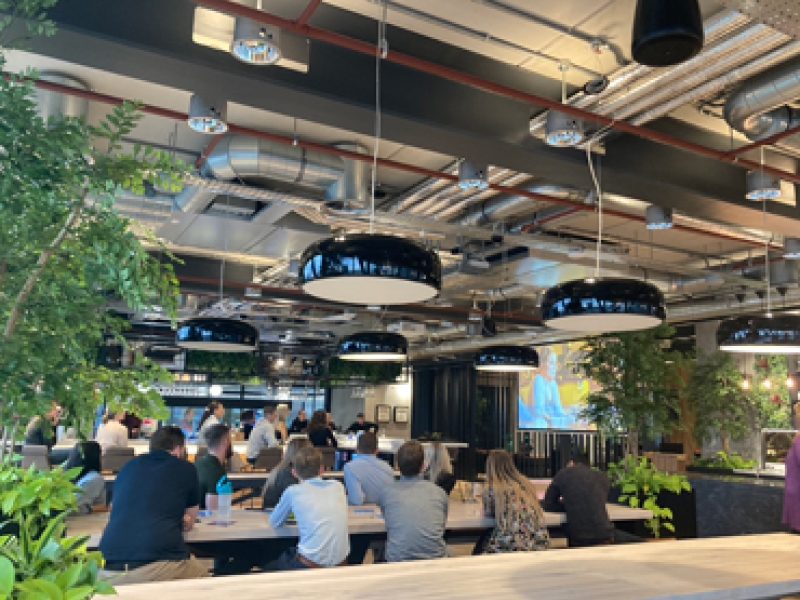
Meeting Alpha FX
NTUK Head Office visited Alpha FX to give a presentation on our work & how their support & donations help the NF Community
Read More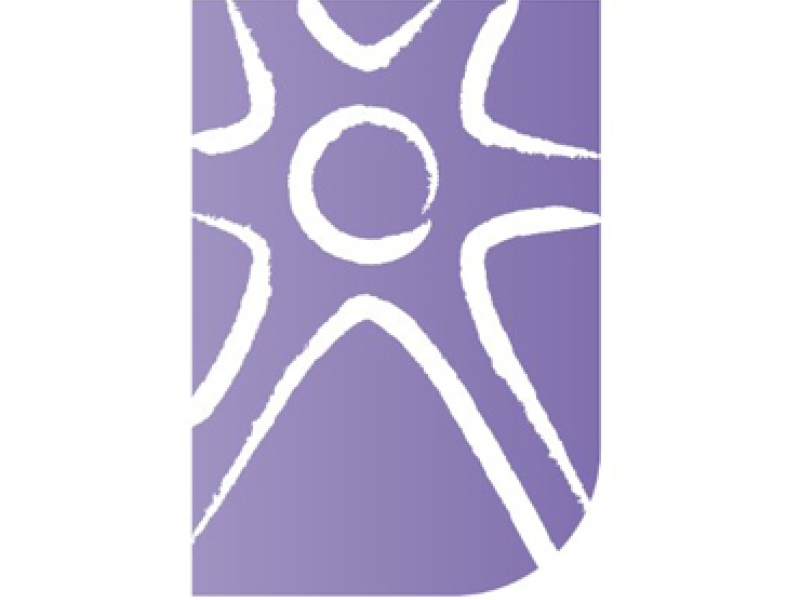
Nerve Tumours UK joins the Neurological Alliance
A coalition of over 70 organisations working together to transform quality of life for people with neurological conditions.
Read More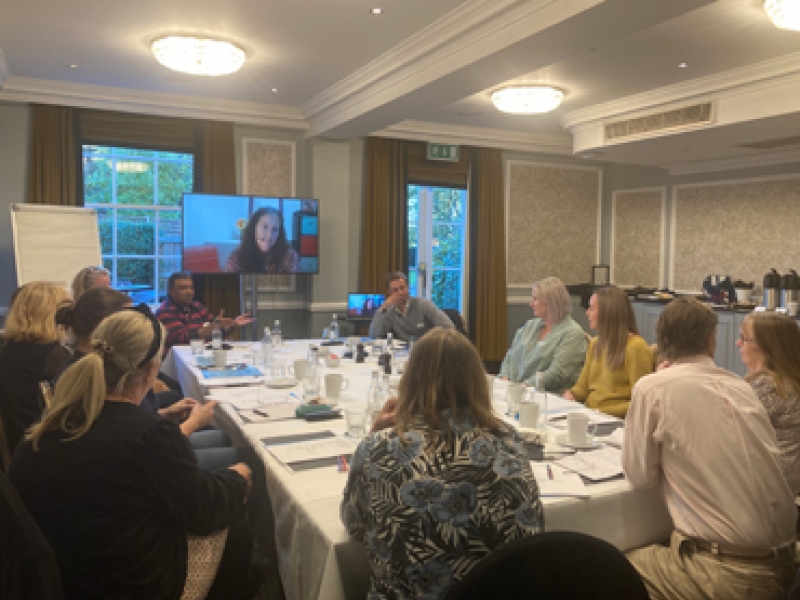
Nerve Tumours UK Conference 2021
The first meeting since 2019 with our Specialist NF Advisors & Nurses, Head Office & Members of the Board of Trustees
Read More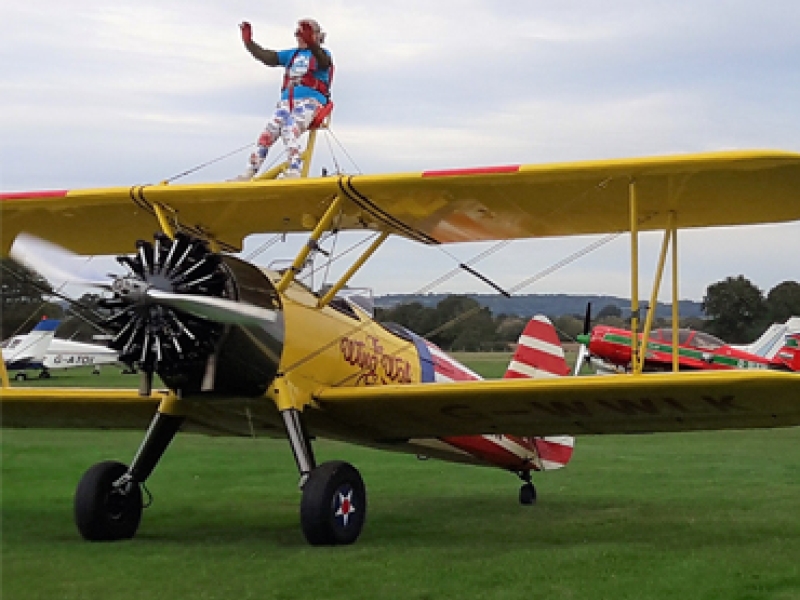
Tricia’s Wingwalk fundraiser
Tricia describes her wingwalk experience in celebration of her 75th birthday and in memory of her daughter Sarah, who had NF1
Read More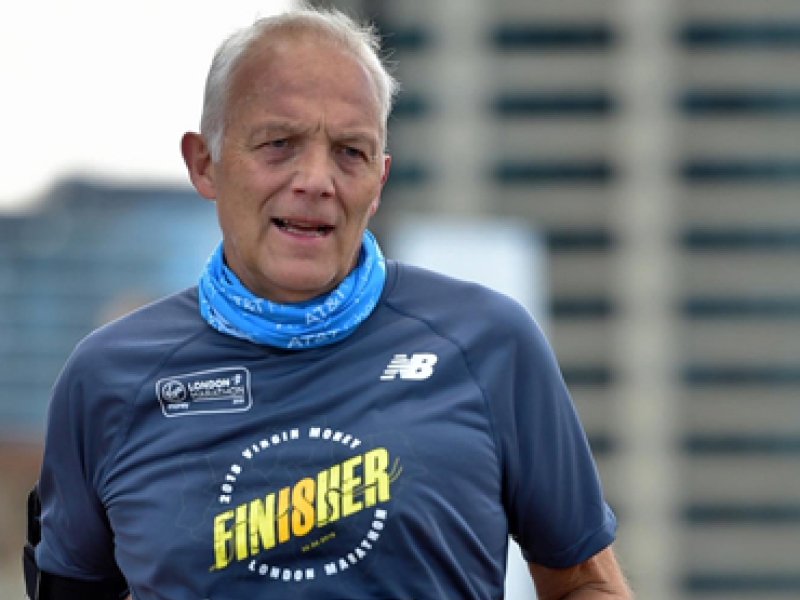
Stuart’s Schwannoma Story Part One
Stuart describes how certain symptoms led to a Schwannoma discovery
Read More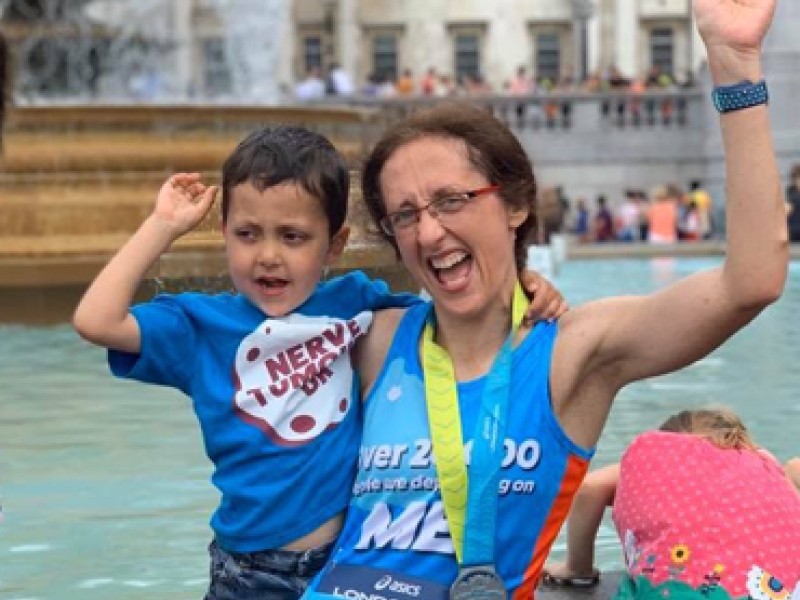
Joy’s NF1 story
Joy describes living with NF1; her son's diagnosis and support at school; fundraising and shining a light on NF
Read More
